Clint Eastwood and Justin Beiber both made headlines in and around the cannabis industry earlier this month, but for radically different reasons.
For Clint Eastwood, the cannabis headlines came after he won a $6.1 million lawsuit against a company that used his likeness to promote cannabidiol products, while Beiber stole the weed headlines from the pale rider when he announced the launch of his own cannabis pre-rolls company, named after his #1 hit from earlier this year.
The news of Justin Beiber’s new brand has left many people asking what is the actual value of a celebrity cannabis partnership, and if celebrity brands actually perform well.
Here’s a look at the good, the bad, and the ugly in celebrity cannabis brands.
What makes a celebrity cannabis brand?
There are dozens of cannabis brands that have partnered or signed endorsement deals with celebrities in the past several years. These include some of the larger names in the cannabis industry and celebrities who are very much household names. At the same time, the world of cannabis celebrity endorsements can seem like a season of Celebrity Big Brother – some big names, some faces you remember, and a lot of people who probably didn’t need to ask for time off from work to shoot the episodes.
Cannabis celebrity brands more or less fall into two main categories. There are full-fledged partnerships in which the celebrity is deeply involved in the strategy, branding, and marketing, and an integral part of the company’s image and operations.
Then there are cannabis brands that are much more like simple endorsements. These go beyond just some sponsored Instagram posts, but also don’t seem to entail much more than slapping a celebrities face and name on a product, and having them share some pics to their social media accounts.
What can a cannabis company gain from a celebrity partnership?
For cannabis companies, the appeal of a celebrity endorsement or partnership is quite straightforward.
Instant headlines
News of a celebrity’s involvement in a cannabis company results in instant headlines (see: Justin Beiber) and in some cases, the first national media coverage of a cannabis brand. It allows companies to leverage the celebrity’s fame and massive social media following to advertise products and increase brand recognition with cannabis consumers.
A way around advertising restrictions
This is no small thing considering the advertising restrictions in place for cannabis across the United States. Because it is illegal under federal law, cannabis companies have to get creative, and one of the ways is to have celebrity partners advertise the brands themselves on their own social media platforms. In addition, the media coverage that inevitably greets the news of a new celebrity cannabis venture serves as a sort of free, large-scale advertising of its own.
Opens doors in non-traditional places
A celebrity endorsement or partnership can potentially open doors to consumers who may not be familiar with the cannabis world. Take for instance Martha Stewart, who in 2019 announced a partnership with Canadian cannabis company Canopy Growth, and became an official strategic advisor for the company in 2021. As The Atlantic wrote in 2019 “the power of celebrities like Stewart isn’t just in their counterintuitive willingness to be associated with weed, but in their position within commerce in general.”
In the article, Canopy Growth’s Vice President Jordan Sinclair said Stewart “can make one phone call and get a meeting with any major American retailer.”
Instant branding
In a crowded cannabis retail space, it can be hard for any single company to stand out from the crowd. A high profile celebrity partnership can be a way to capture some of the celebrity’s image and public persona in a bottle (or bong), helping instantly forge an identity for the brand. It can also send a message to fans and admirers of the celebrity – this brand is the one for you.
Whenever we talk about celebrity cannabis brands, there are certain ones that are always at the top of the list, and for good reason.
5 of the top celebrity cannabis brands
Seth Rogen’s Houseplant
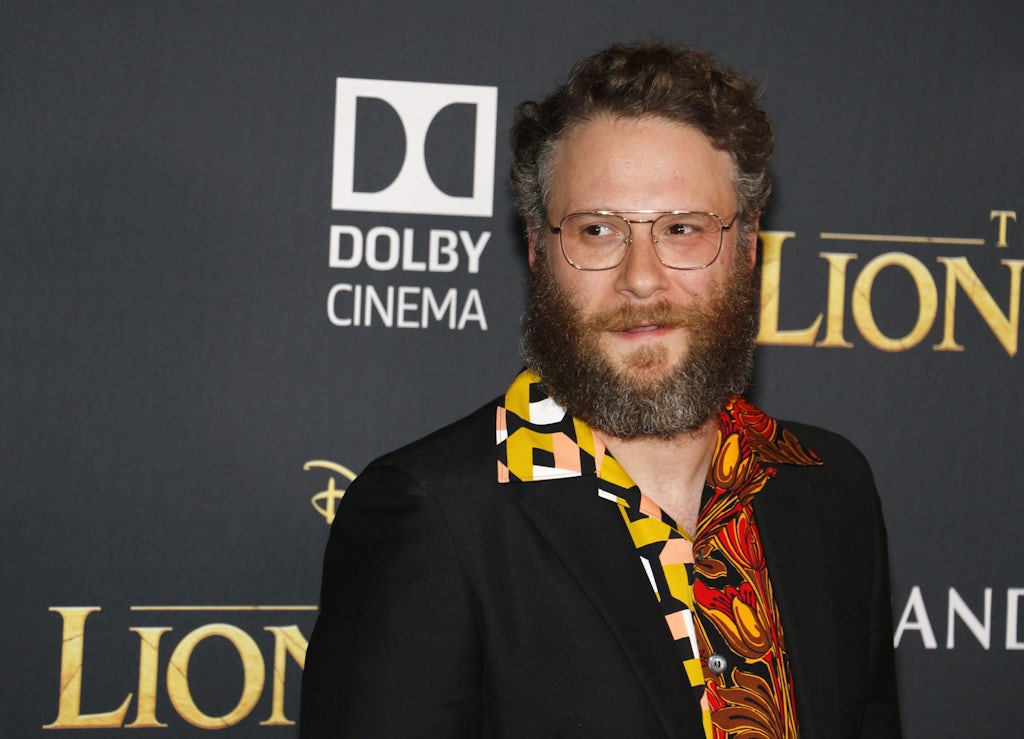
When it comes to Seth Rogen’s cannabis company, you’d be hard-pressed to find anyone who doubts that the comedian, actor, and eternal weed champion is fully invested in the company on a strategic, personal, and emotional level. Launched in April 2021 by Rogen and his longtime friend and comedy collaborator Evan Goldberg, the brand sells cannabis flower (organized as a hybrid, Indica, and Sativa) as well as accessories, ashtrays, lighters, vinyl records, and a record player, all of it artfully designed with an eye-catching retro look.
As involved as Rogen is, Houseplant is a celebrity cannabis company that is designed and envisioned well enough to potentially thrive even if Rogen were no longer part of the operation.
Jim Belushi’s Belushi’s Farm
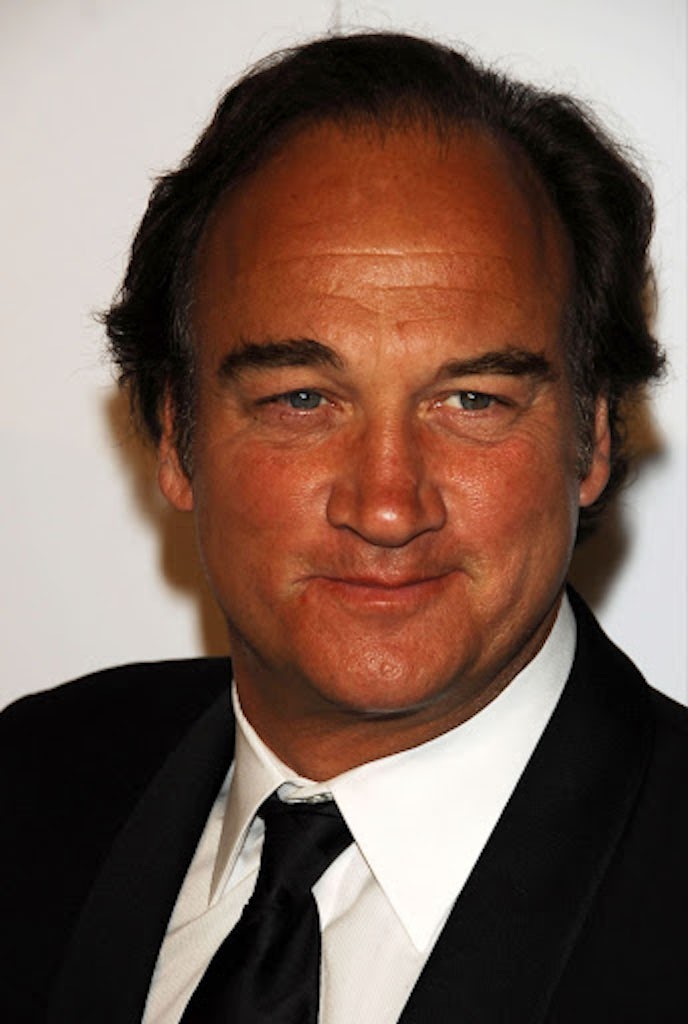
Tell your friends, Jim Belushi has the gas! If you didn’t already know that actor Jim Belushi was in the cannabis business, one tweet of some frosty cannabis flower in February, 2021 made it clear that he’s all in on weed. Belushi is fully, deeply invested in the operations of Belushi’s Farm, which he built on a sprawling stretch of beautiful countryside on the Rogue River in Oregon.
The farm is at the center of the reality show Growing Belushi, and where he grows weed for his signature brands Blues Brothers, Captain Jack’s, and Belushi’s Private Stash. The farm also appears to be part of Belushi’s support for cannabis as an alternative to harder drugs like those that killed his big brother, comedy legend John Belusi. As Jim put it in a tweet in June, 2020, “that is why I became a cannabis farmer. To spread this medicine to people who need it. No family should have to go through the trauma of losing a loved one to opioids.”
Snoop Dogg’s cannabis ventures
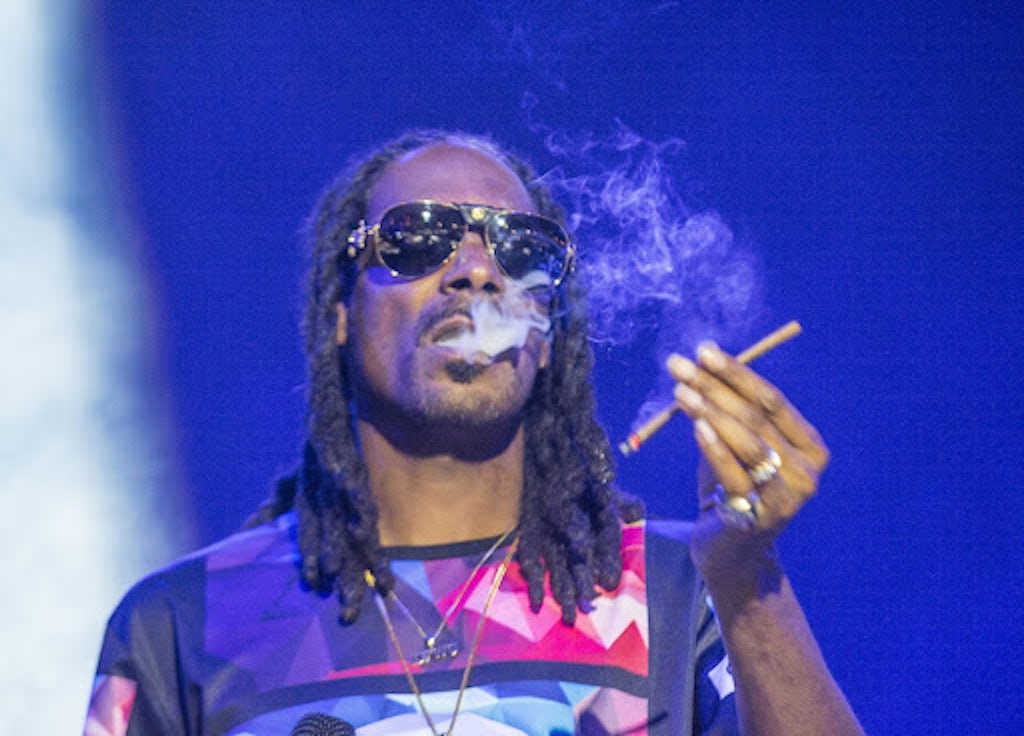
Arguably, Snoop would have been a cannabis industry icon even if he never officially went into the (legal) cannabis industry. In fact, in his bio on the “team” section of the website for the cannabis venture capital firm Casa Verde Capital, Snoop’s title is simply listed as “industry icon.” The firm describes Snoop as “a key member of the Casa Verde team responsible for crafting the firm’s identity.”
Snoop’s first legal venture in cannabis was the 2015 launch of Leafs by Snoop in collaboration with Canopy Growth. The launch was followed by a lawsuit by the Toronto Maple Leafs hockey team, resulting in even more publicity for the brand, which was named the most recognizable cannabis brand in a June, 2020 survey.
Also, in one of those “is this real life?” moments that have become all too common in our current era, he apparently got billionaire republican mega-donor Charles Koch to agree to push for cannabis reform in a 2021 zoom call.
Willie Nelson’s Nelson’s Reserve
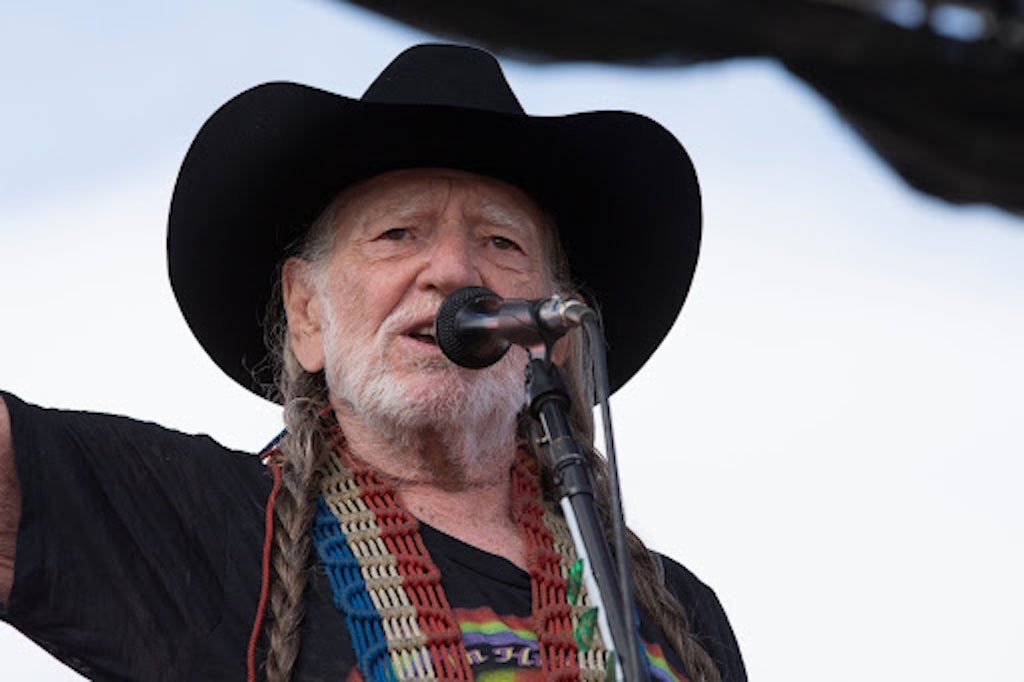
Like Snoop, Willie Nelson already deserved a lifetime cannabis achievement award without ever having to enter the legal weed industry. Nonetheless, with Willie’s Reserve, there can be little doubt that the legend behind the company name has also sampled at least some of his goods, even if he stunned the world of weed in late 2019 by stating that he had stopped smoking.
Cannabis has been a way of life for Willie for decades. Today, Wille’s Reserve pays tribute to the plant and Willie Nelson’s legacy with everything from pre-rolls to flowers to vapes, concentrates, and even CBD-infused coffee (sold by Willie’s company “Willie’s Remedy”).
Berner’s Cookies
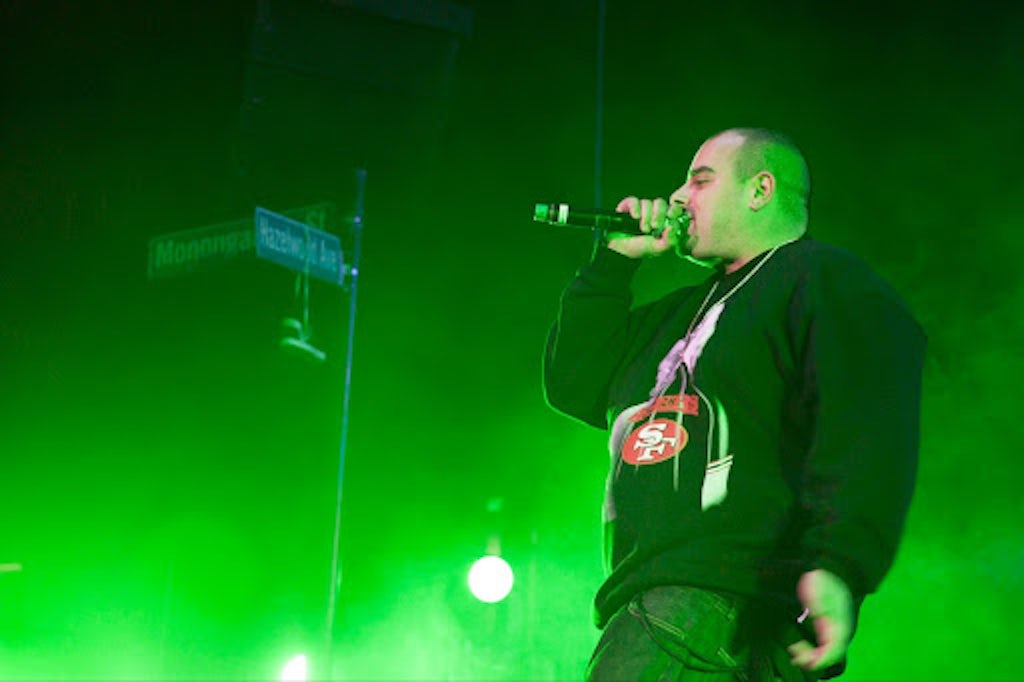
The story of Berner, the rapper and co-founder of cannabis juggernaut Cookies is a good example of a celebrity who first made their name in another field (rap music) but became truly famous because of weed. Founded in 2010, Cookies and the Cookies Fam breeder group is today arguably the biggest name in Cannabis, operating a constellation of dispensaries in 9 states and Puerto Rico (at last count).
Berner, aka Gilbert Milam Jr., has performed and recorded with fellow Bay Area big names like Larry June and G Eazy, as well as rappers like Wiz Khalifa, Cam’ron, Young Dolph, and A$AP Rocky. This is perhaps why it can seem like you can’t go five minutes listening to rap music in 2021 without hearing somebody mention a Cookie strain or just the word “Cookie” somewhere on the track.
Cookies have become a force of nature because of the quality of the iconic strains they gave the world – like Girl Scout Cookies and Gelato – but also because of the image and vibe that the brand puts forward. It’s a perfect blend of celebrity, hype beast culture, hip hop culture and apparel, and the desire to be part of the famous thing everyone is talking about and that you absolutely must cop.
Celebrity athletes and the cannabis industry – the NBA leads the way
For decades, cannabis was strictly banned by every major North American sports league. Being outed as a weed smoker could put your athletic career in serious jeopardy, and make you the subject of serious criticism, especially if you were young and black.
This has all changed by 2021. The National Basketball Association in October announced that it will no longer randomly test for cannabis this season, maintaining a policy that began during the 2020 NBA “Bubble” in Orlando.
In keeping with this forward thinking approach, a number of current and future hall of fame NBA players have announced that they are joining the legal cannabis industry. These NBA stars can leverage their fame and talent not only to promote their businesses but also to advance social justice issues and help right the wrongs brought on by the drug war – in particular in neighborhoods like the ones that so many of them grew up in.
Kevin Durant
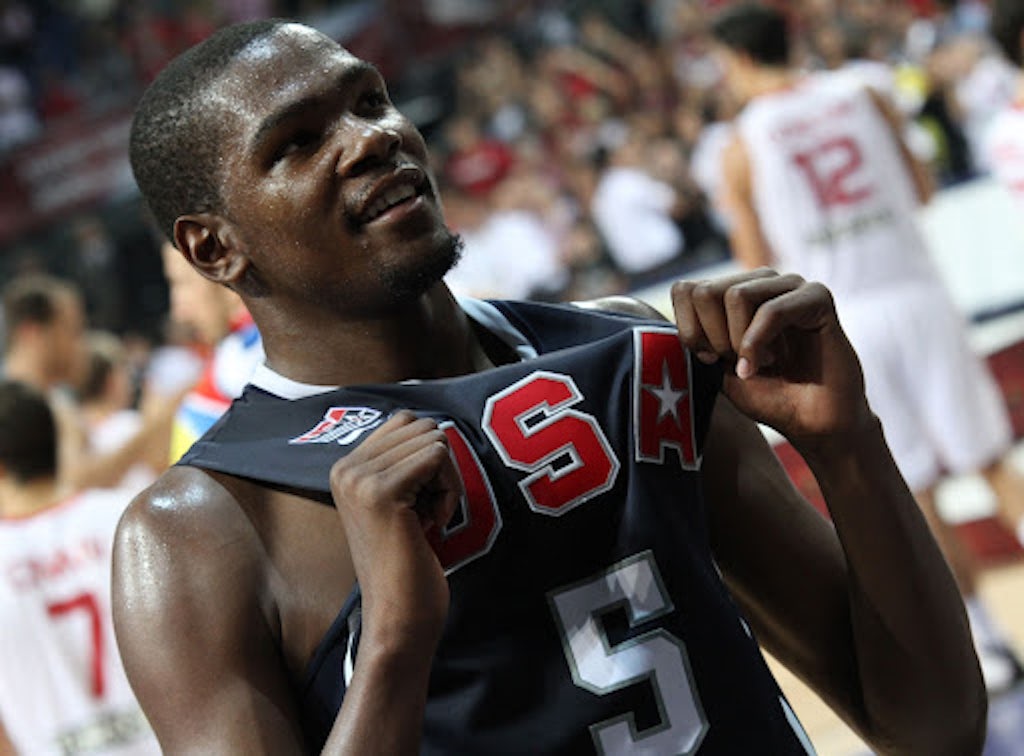
Two-time finals MVP, 4 time scoring champion and future first ballot hall of famer KD brings to the world of cannabis the clout of arguably the NBA’s greatest current player, and one who will someday retire as one of the greatest to ever play the game – or to use Twitter. In August, the Slim Reaper announced a partnership between his venture capital firm Thirty Five Ventures (and its sports business media network Boardroom) and Weedmaps.
The initiative was described in a press release as a “strategic partnership that will aim to further deconstruct the negative stereotypes associated with cannabis while elevating the conversation around the plant’s potential for athlete wellness and recovery.” The partnership will entail an original content series produced by the Boardroom and Weedmaps to educate consumers about cannabis.
KD told ESPN, “I think it’s far past time to address the stigmas around cannabis that still exist in the sports world as well as globally,” Durant told ESPN. “This partnership is going to help us continue to normalize those conversations, as well as create content, events, and a lot more through our Boardroom media network. This is just the beginning for us.”
Chris Webber
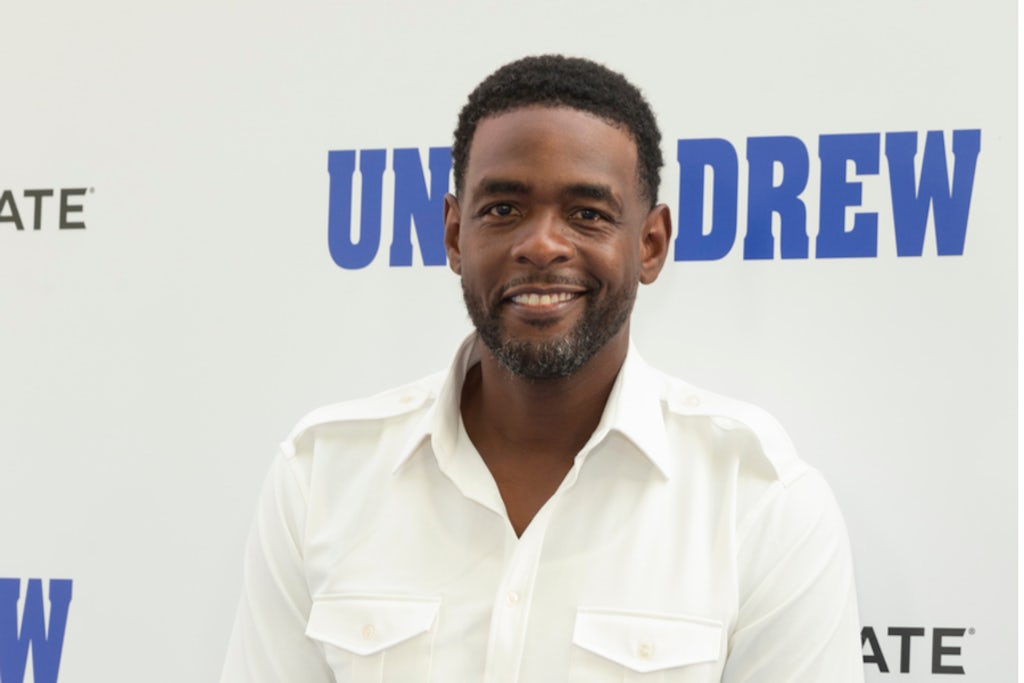
NBA hall of fame, Detroit native, and “Fab Five ” legend Chris Webber announced in late September his plans to open a $175 million “cannabis compound” in the Motor City, to be known as the Webber Wellness Compound. The facility is planned to include a “marijuana operations and training facility, a cultivation facility, a dispensary and a cannabis consumption lodge,” according to Bleacher Report.
The job training and placement program will recruit students from minority and underrepresented communities, and will include record expungement offices.
Webber, who had two highly-publicized cannabis arrests during his career, said that at the center of his endeavor is a desire to give back to his hometown, and heal some of the pain wrought by the war on drugs.
Allen Iverson
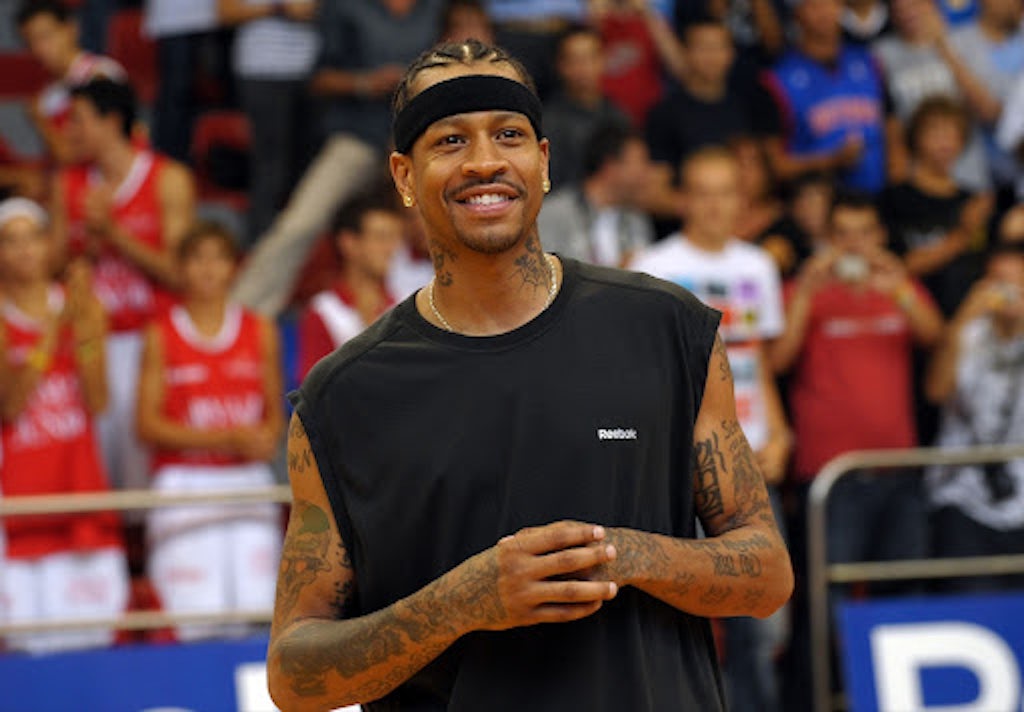
There are few retired athletes who come close to the influence and admiration felt for Allen Iverson. “The Answer” announced in July that he had entered a partnership with former NBA player Al Harrington’s cannabis company Viola “to change the game” in the cannabis industry.
Iverson will have his own cannabis strain (part of what will be called “the Iverson Collection”) and will “assist with the company’s business initiatives” according to the Philly Voice. But while Bubba Chuck has big plans to “change the game,” his partner may have even bigger dreams.
“My mission is to create 100 Black millionaires through cannabis,” Harrington said in a recent episode of “Real Sports with Bryant Gumbel.” “There are different layers to this onion for sure, but one of them that’s at the core of my heart is diversity in the cannabis space.”
Their stars have faded: Celebrity cannabis brands that failed
Not every celebrity partnership in cannabis works wonders. Here are two of the most notable failed celebrity cannabis partnerships.
Drake and Canopy Growth
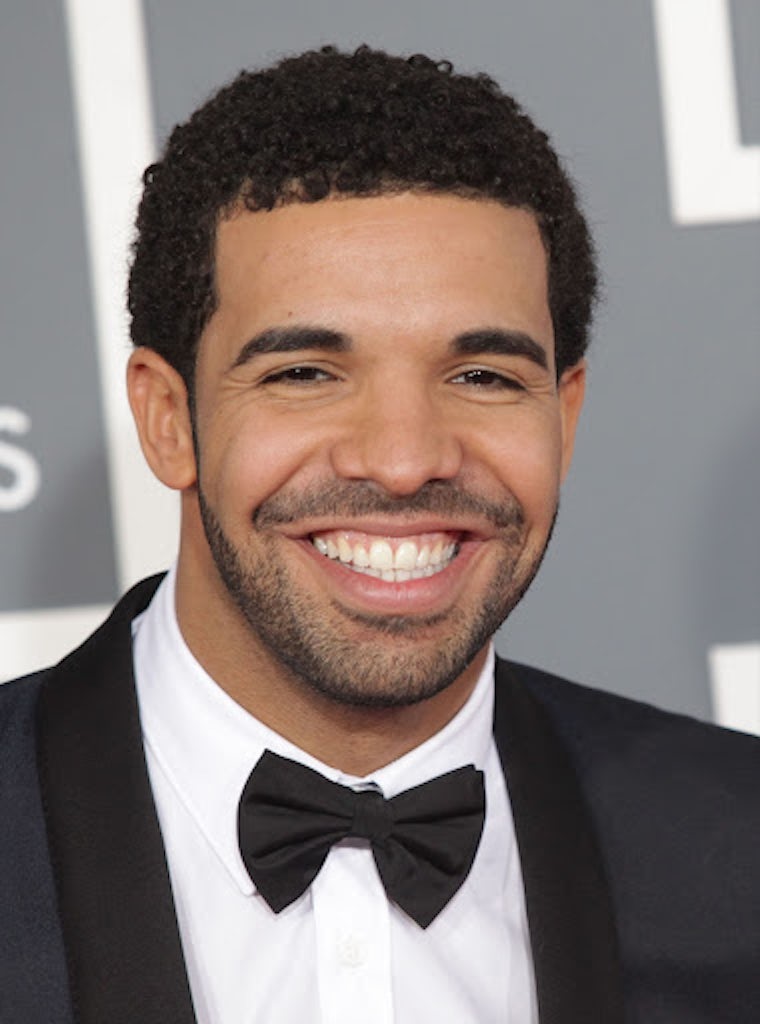
It is rare that a release by Drake that doesn’t top the charts, but it actually can happen. In June, 2021, a partnership between Drake and Canada’s Canopy Growth came to an end, a Canopy Growth spokesperson told Bloomberg. The move came less than two years after Drake and Canopy Growth announced that they had joined forces to sell recreational cannabis and accessories in Canada and overseas, as part of a joint venture called More Life Growth Company.
But it was not God’s plan in the end, and Canada’s most famous export (other than weed), would have to defer his dreams of becoming a cannabis mogul – until October, 2021. Just a few months after the Canopy Growth partnership fell through, Drake and his longtime partner and producer Noah “40” Shebib announced that @ChampagnePapi will be joining the Canadian cannabis brand Bullrider (which Shebib co-owns) as an investor, partner, and strategic advisor.
Whoopi Goldberg
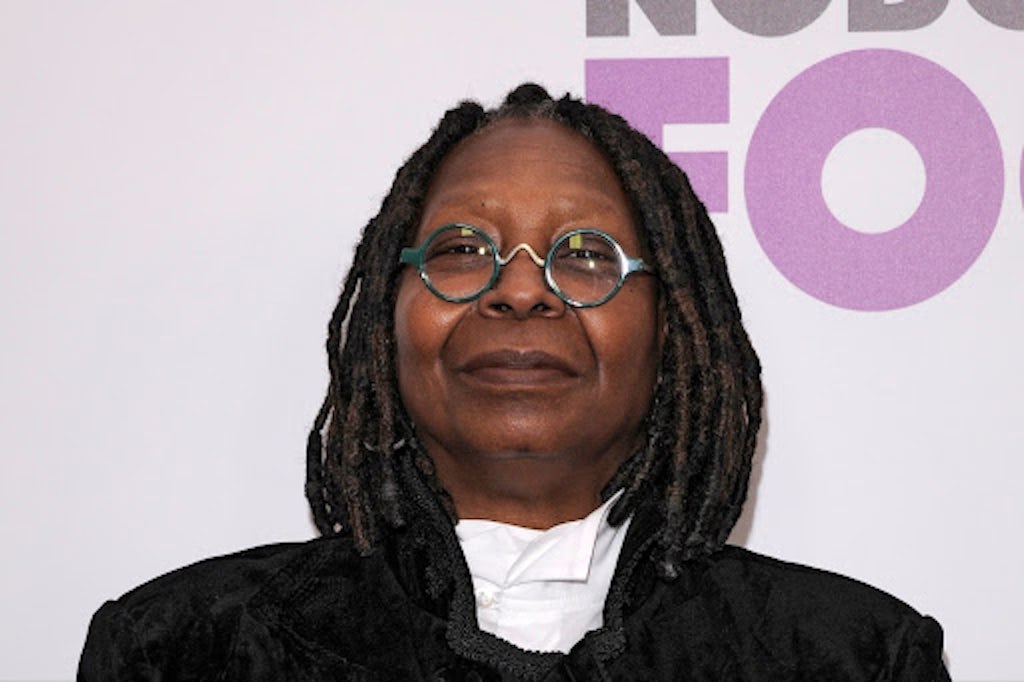
Actress and The View co-host Whoopi Goldberg has been very outspoken about her love of cannabis, and in particular, how much she loves her vape pen.
But this admiration for the plant did not spell success for “Whoopi & Maya,” a company that makes wellness products for women, specifically THC and CBD topicals and tinctures. The two announced their separation in 2020, and about a year later Goldberg launched “Emma & Clyde, ” a cannabis brand named after her mom and brother.
But while Drizzy and Whoopis’ hearts may have been in the right place, celebrity cannabis brands can rub a lot of people the wrong way. They can be seen as a cynical attempt by celebrities to cash in on cannabis at the expense of local growers, or a way for them to leverage their fame to sell weed for much more than the average going rate (See: the $50 joints sold by Jay-Z’s Monogram brand).
The $50 joints were mentioned in a post on Broke Ass Stuart in an April, 2021 post subtlety entitled “Celebrity Cannabis Brands are Bullshit.” As the post stated celebrities in cannabis “think it is their rightful place as celebrities to make sure small, independent cannabis companies can’t get the market share that wealthy famous assholes so richly deserve.”
The post also took aim at Family Matters star Jaleel White’s ItsPurpl brand, saying “washed-up personalities see cannabis as some novelty, get-rich quick industry that can infuse their failing careers with a sloppy second success.”
But like many in the cannabis world, the post made a distinction between celebrities looking for a quick cash grab and famous people who have “stuck their neck out for us” and have faced criminal charges for cannabis, like Willie Nelson, Tommy Chong, and Chris Webber.
Ultimately, cannabis is now a legal business and there will be no shortage of opportunities for celebrities who want to cash in on the bandwagon, but also for those who were on board decades before the era of legalization, and never needed a brand to identify themselves fully and heartily with weed.
Sign up for bi-weekly updates, packed full of cannabis education, recipes, and tips. Your inbox will love it.

 Shop
Shop Support
Support
















